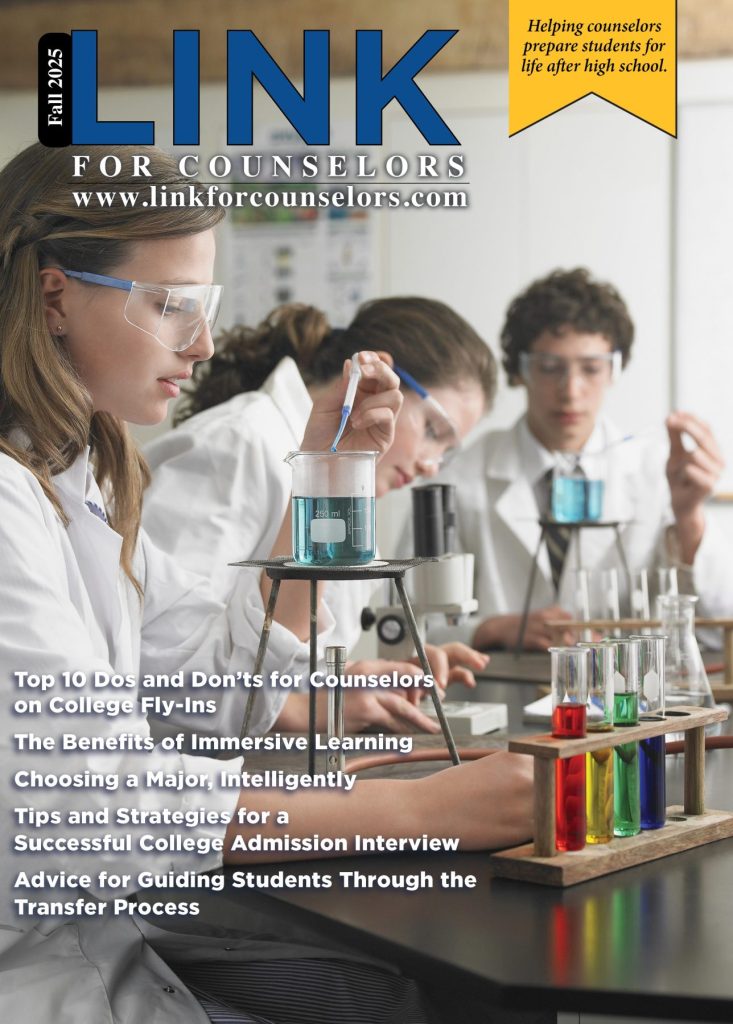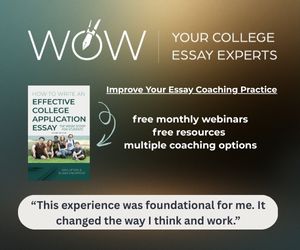Find the Free Money — Merit Scholarship Money Makes Cents!
Securing Merit Scholarships for College: Your Guide to Safe and Successful Applications
Navigating the college admissions process can be daunting, but securing merit scholarships can significantly ease the financial burden. Merit scholarships are awarded based on academic, athletic, artistic, or other abilities, and do not need to be repaid. Here’s how to safely and effectively obtain merit scholarship money for college.
1. Start Early and Research Thoroughly
Begin your search early: Ideally, start looking for scholarships during your junior year of high school. This allows ample time to meet deadlines and gather necessary materials.
Use reputable sources: Focus on trustworthy scholarship databases like those listed below. Check with your high school counselor and the financial aid office at prospective colleges for additional opportunities.
Understand eligibility criteria: Each scholarship has specific requirements. Ensure you meet these before applying to avoid wasting time on ineligible opportunities.
2. Stay Organized
Create a spreadsheet: Track application deadlines, required materials, and submission statuses. This helps prevent missed opportunities and keeps your application process streamlined.
Set reminders: Use calendar alerts for important deadlines. Staying ahead of due dates ensures you have ample time to craft quality applications.
3. Prepare Strong Applications
Personalize your essays: Tailor each application essay to the specific scholarship. Highlight your unique strengths, achievements, and how they align with the scholarship’s goals.
Request recommendations early: Ask teachers, coaches, or mentors well in advance. Provide them with your resume and any specific points you’d like them to mention, ensuring strong, personalized recommendations.
Proofread thoroughly: Spelling and grammatical errors can detract from your application. Proofread your essays and have a trusted adult review them as well.
4. Avoid Scholarship Scams
Be wary of fees: Legitimate scholarships do not require an application fee. Avoid any opportunities that ask for money upfront.
Check the source: Verify the legitimacy of the scholarship provider. Research their website, look for reviews, and contact them directly if necessary.
Guard your personal information: Never provide sensitive information, such as your Social Security number, unless you are sure of the scholarship’s authenticity.
5. Leverage Institutional Scholarships
Research college-specific scholarships: Many colleges offer their own merit scholarships. Check the financial aid section of each college’s website for details.
Understand the renewal criteria: Some scholarships require maintaining a certain GPA or participating in specific activities. Make sure you understand these requirements to retain your scholarship.
6. Stay Persistent and Apply Widely
Apply to multiple scholarships: Increase your chances by applying to as many scholarships as you qualify for. Even smaller amounts can add up and significantly reduce your financial burden.
Stay motivated: The process can be time-consuming, but persistence pays off. Regularly check for new opportunities and keep applying.
Securing merit scholarships requires effort, organization, and vigilance. By starting early, researching thoroughly, and preparing strong applications, you can safely and successfully obtain the financial support needed for your college education. Avoiding scams and staying persistent will further enhance your chances of securing valuable scholarships. With dedication and the right approach, merit scholarships can make your college dreams more affordable and attainable.
Merit Scholarship Resources
1. Fastweb
Fastweb is one of the most comprehensive scholarship search engines available. It matches you with scholarships based on your profile, making it easier to find opportunities that fit your qualifications. Website: Fastweb
2. Scholarships.com
Scholarships.com offers a large database of scholarships and grants. It provides personalized matches based on your profile, helping you find relevant scholarships. Website: Scholarships.com
3. Appily
The popular site Cappex is now Appily. In addition to scholarship info, you can find college reviews, and admissions advice. It allows you to search for scholarships and provides tools to help you with the application process. Website: Cappex
4. College Board Scholarship Search
The College Board’s Scholarship Search tool offers a database of over 2,200 programs that provide scholarships, internships, and other financial aid opportunities. Website: https://bigfuture.collegeboard.org/pay-for-college/bigfuture-scholarships
5. Niche
Niche provides a variety of scholarship opportunities based on your interests, talents, and achievements. It also offers college reviews and rankings to help with your college search. Website: www.niche.com
6. Scholarship America
Scholarship America is a nonprofit organization that provides information on scholarships and offers its own scholarship programs. It also manages several corporate and foundation scholarships. Website: Scholarship America
7. Peterson’s
Peterson’s offers a comprehensive scholarship database, along with test prep resources and college planning tools. It allows you to search for scholarships based on various criteria. Website: https://www.petersons.com/scholarship-search.aspx
8. Chegg Scholarships
Chegg Scholarships provides a large database of scholarships and allows you to search for opportunities that match your profile. It also offers other resources for college planning and studying. Website: https://www.chegg.com/advice/admissions/scholarships-financial-aid-admissions/
9. Unigo
Unigo offers a scholarship search engine with thousands of scholarships. It also provides college reviews, internships, and other student resources. Website: www.unigo.com
10. RaiseMe
RaiseMe allows high school students to earn micro-scholarships from colleges for achievements such as good grades, extracurricular activities, and community service. Website: RaiseMe
11. Going Merry
Going Merry simplifies the scholarship search process by matching you with scholarships and allowing you to apply directly on the platform. It also offers financial aid and FAFSA assistance. Website: Going Merry
12. U.S. News Scholarship Finder
U.S. News provides a scholarship finder tool that allows you to search for scholarships by criteria such as major, location, and ethnicity. It also offers advice on the scholarship application process. Website: https://www.usnews.com/education/scholarships/search
13. Scholarship Owl
Scholarship Owl is an up-to-date library of a variety of scholarship opportunities. Website: https://scholarshipowl.com/
These resources offer a wide range of scholarship opportunities and tools to help you successfully navigate the application process. Utilize these platforms to maximize your chances of securing merit scholarships and making your college education more affordable.
Lee Bierer is an independent college adviser based in Charlotte. Send questions to: lee@bierercollegeconsulting.com; www.bierercollegeconsulting.com












